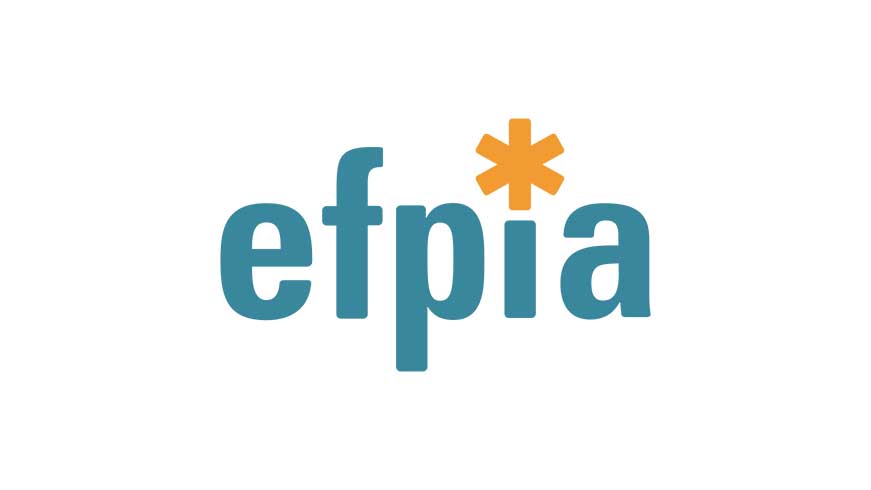COP28
The COP28 summit will bring parties together to accelerate action towards the goals of the Paris Agreement and the UN Framework Convention on Climate Change.Innovative pharmaceutical industry statement on COP28 Declaration on Climate and Health

30 NOVEMBER 2023, GENEVA – The innovative pharmaceutical industry commends the ambition to address climate change as an urgent health challenge at COP28, including through the agreement of the first ever Declaration on Climate and Health.
Pharmaceutical companies continue to be at the forefront of setting ambitious net-zero and carbon-neutrality targets, acting as part of global initiatives to reduce carbon emissions throughout their operations and value chains. To deliver on these targets, companies are investing in research and development with a view to delivering more environmentally sustainable products, manufacturing processes, and supply chains.
The complex and highly regulated nature of pharmaceutical products means that a high degree of coordination and collaboration between industry, governments, and healthcare systems is required.
As such, collaboration across UN institutions, such as the World Health Organization (WHO) and the United Nations Framework Convention on Climate Change (UNFCCC), government, civil society, and private sector will be essential in meeting theses ambitions. We therefore welcome the WHO Alliance for Action on Climate Change and Health (ATACH) as an important platform for mobilizing the resources, knowledge, and expertise required to effectively address the climate and health crisis.
Investment in science and research, alongside coordinated global cooperation, will continue to be central in delivering on our shared climate commitments and those set out at COP28.

EFPIA are building a healthier and more environmentally sustainable future
The research driven pharmaceutical industry, represented by the European Federation of Pharmaceutical Industries and Associations (EFPIA) is committed to building a healthier and more environmentally sustainable future. EFPIA members continue to play an active role in addressing concerns around risks associated with Pharmaceuticals in the Environment (PiE) by minimising the impact of medicines on the environment while safeguarding access to effective treatments for patients is a critical issue across all sectors of healthcare.
What are Scope 1, 2 and 3 emissions?
Greenhouse gas emissions are categorised into three groups or 'scopes' by the most widely-used international accounting tool, the Greenhouse Gas (GHG) Protocol.
Scope 1 covers emissions that a company makes directly – for example while running its boilers and vehicles. Pharmaceutical companies are reducing Scope 1 emissions, for example by generating their own renewable energy, moving to electric vehicles and changing their international distribution networks to minimise emissions.
Scope 2 emissions cover those that the company makes indirectly – like when the electricity it uses, is produced on its behalf by a different company. Pharmaceutical companies are reducing Scope 2 emissions, by switching to renewable energy suppliers. Some either run completely on renewable energy or are working towards it.
Scope 3 emissions cover those are not generated by the company itself, but by any organisation or person they are indirectly responsible for. For example, Scope 3 emissions cover those generated from the suppliers of the components used to make medicines, the transport of raw materials and those generated by people using the pharmaceutical company’s products.
To tackle Scope 3 emissions, many companies are looking at the entire life-cycle of the way they manufacture medicines.
By reformulating medicines so they can be manufactured in a more environmentally friendly way, companies are reducing carbon emissions, saving water and waste and reducing the total environmental impact of what they do.
The NHS has set out an ambitious plan to become the world’s first Net Zero National Health Service. The NHS estimates that the use of medicines account for 25% of total emissions from the health service, it is critical that industry and the NHS work together to develop solutions that support this ambition.
The ABPI has committed to support our members towards delivering the NHS net zero goals.
As global businesses recognising that climate change is a global concern, pharmaceutical companies are taking action at a global level.
Many are setting targets according to the Science Based Targets Initiative, which provides companies with a clearly-defined path to reduce emissions in line with the Paris Agreement goals - limiting global warming to well-below 2°C above pre-industrial levels and pursuing efforts to limit warming to 1.5°C.
Our industry recognises the need to conserve water, particularly with climate change making water availability less predictable in many places.
For industry, responsible water management means using water efficiently and safely throughout the lifecycle of products, including in their supply chain. It also means helping to preserve water quality by preventing pharmaceuticals entering water courses like rivers.
This mainly happens as a result of excretions from patients being treated with the medicines and improper disposal of unused or expired medicine. Relatively small quantities come from drug manufacturing effluents and R&D facilities.
Pharmaceutical companies are committed to reducing operational waste from their sites, as well as reducing waste from the packaging of products. This can involve increasing recycling, replacing paper-based patient information leaflets with online versions, and increasing the recycled content in packaging.
Reducing waste from packaging is one of the biggest challenges our industry faces, and industry is working to solve it by working with regulators and Governments, and investing in research and new technologies.
Pharmaceutical companies are using green chemistry principles and changing the way they manufacture products to reduce the total environmental impact of creating medicines.
This can often mean reduce carbon emissions, saving water and cutting waste all at the same time.
